How to Help Your Anxious Child at Christmas Time
The holidays are full of excitement and for some kids it’s too much especially for those who suffer from an anxiety disorder. Learn what to look for and how to effectively help your child.
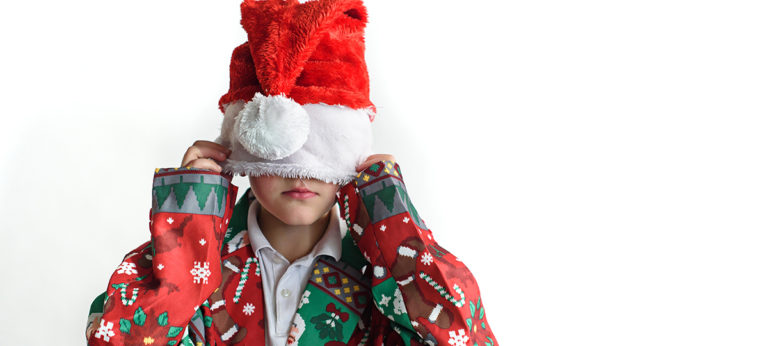
The holidays are full of excitement and for some kids it’s too much especially for those who suffer from an anxiety disorder. Learn what to look for and how to effectively help your child.

The ULTIMATE list of activities and open-ended toys for toddlers. Included are many toys your toddler and preschooler will play with over and over again AND lists of craft supplies that will entertain your child so you can get things done!
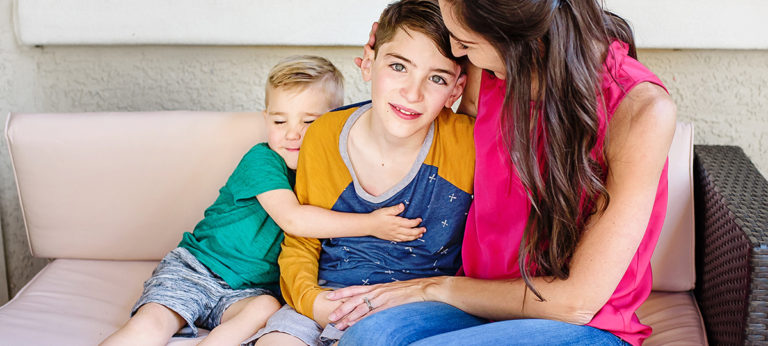
When you think about gratitude, you probably think of saying thank you or teaching your child to say those words at appropriate times. However, gratitude is a little more than that. There are many ways to teach kids how to be thankful!
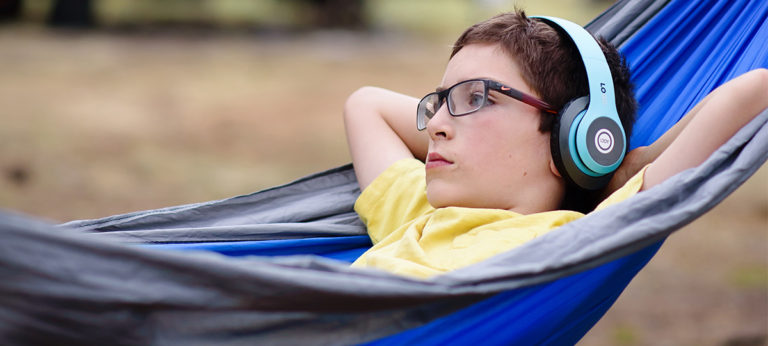
It can be hard for kids to show appreciation. What might seem like entitlement can actually be a few other things. Find out all the reasons kids can be ungrateful.
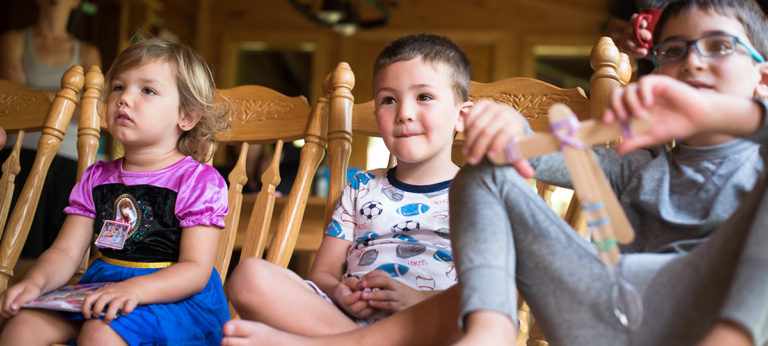
In the past when a problem came up, we would often be reactionary with our kids. We had certain rules set in place but weren’t…
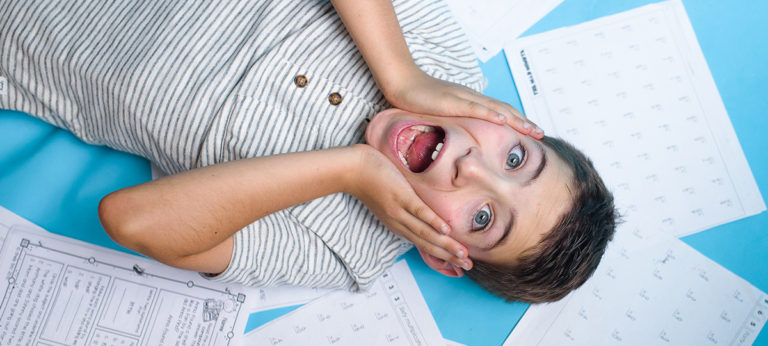
Learn how to end the homework battles, stop the tears and fights with these top 10 tips from educators and experts. Help your child be self-motivated and accomplish the purpose of homework.
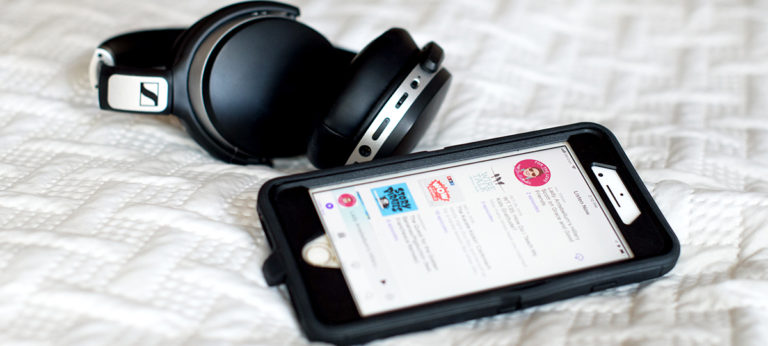
Podcasts are a great way to learn from incredible experts and authors or be entertained by super funny people. There are so many that it can be overwhelming to find episodes that will help you in your parenting journey. Here is a list of great podcasts for parents and specific episodes that will make a difference.
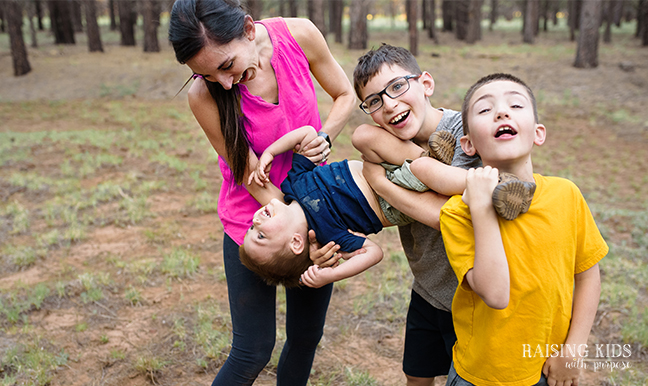
Parenting is hard. There is no manual on how to make sure kids make good choices and become decent humans when they become adults. However, with a few different mindsets, it can feel way easier. Find out what has worked for me!
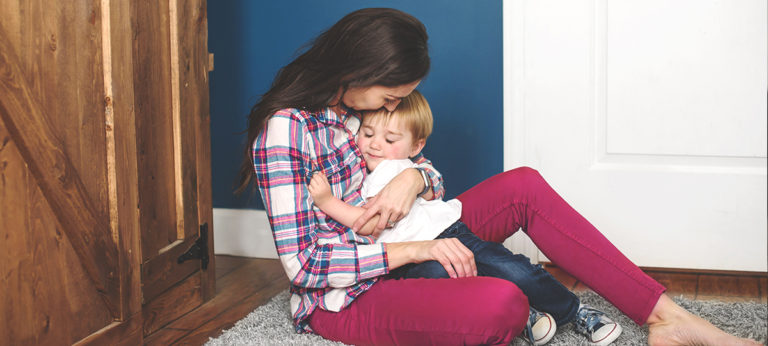
The single most important thing children need from their parents is emotional support. If they feel like they are heard, seen and loved, they can develop a healthy brain and grow to be emotionally healthy adults. Here are five steps to become your child’s Emotion Coach.
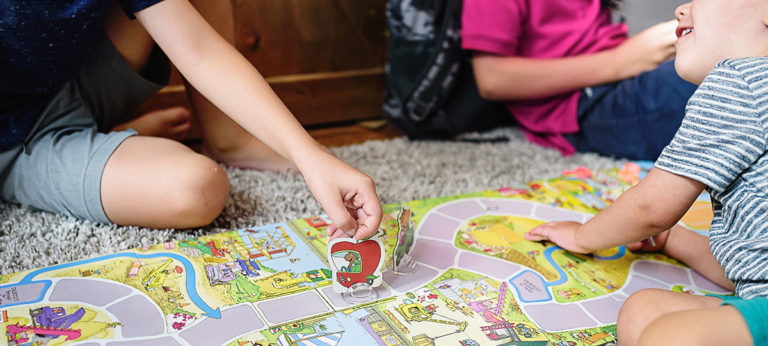
Board games are a great way to bring families together and teach kids so many learning and life skills! With recommendations from my followers, here is a list of 30 must play family board games!
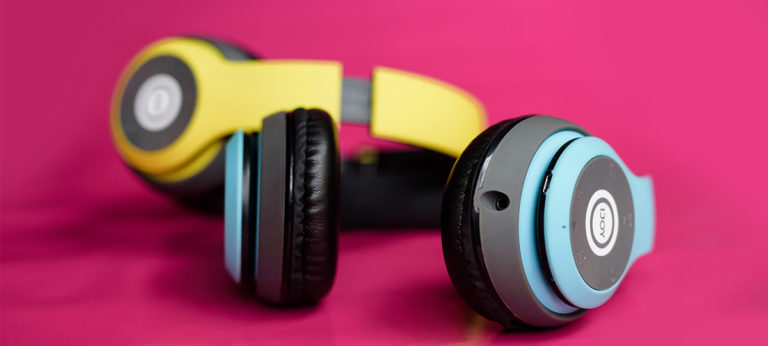
A great alternative to screens is podcasts! Listening can have just as many benefits for brain development as reading.
There are incredible people out there putting together content that is out of the world entertaining and educational for kids. I scoured the internet and found over 60 of those podcasts and included descriptions for our favorite 12. Happy Listening!
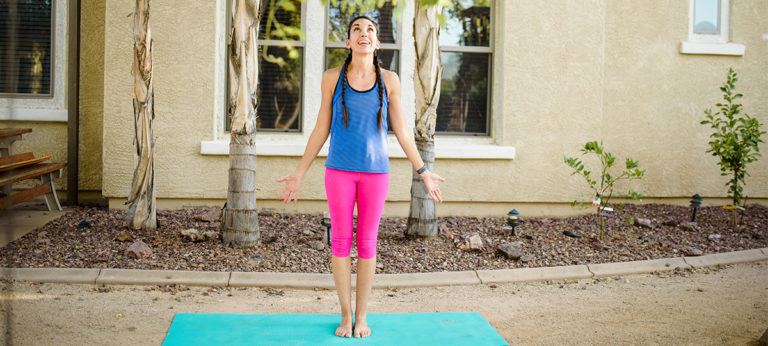
Some days it feels like I’m on a never-ending Merry-Go-Round. Do you ever feel this way? It’s a cycle of important but also mundane tasks….